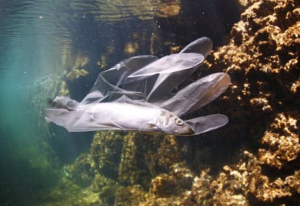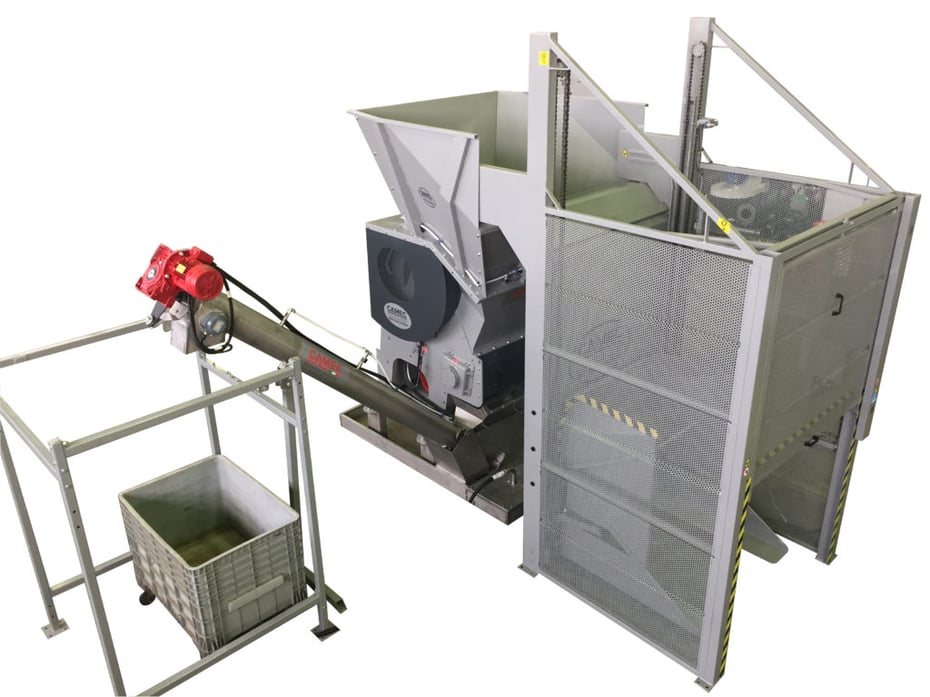Plastic is the longest-lasting synthetic product. The time it takes for nature to dispose of a single plastic bottle varies from 100 to 1000 years, a phase in which plastic, among other things, produces greenhouse gases that are harmful to the ozone layer.
It is sufficient to consider that 1 million plastic bottles are consumed in the world per day to understand the impressive environmental impact that this material has if not properly disposed of or recycled.
And most of this plastic comes from our daily consumption: bottles, packaging, bags, wrappers …
 Every year around 13 million tons of plastic waste are poured into the seas and oceans around the planet, resulting in serious damage to the ecosystem, proving to be lethal for many animals that ingest them or become trapped in them.
Every year around 13 million tons of plastic waste are poured into the seas and oceans around the planet, resulting in serious damage to the ecosystem, proving to be lethal for many animals that ingest them or become trapped in them.
Water pollution is now at a very advanced stage and it is estimated that without a U-turn by 2050 there will be more plastics than fish in the oceans. In some ocean areas, real “plastic islands” have been created, impressive accumulations of floating garbage.
The most underhand danger, however, is represented by microplastics coming from various fields including cosmetics, clothing, industrial processes and the fragmentation of plastic in the sea due to atmospheric agents, the mechanical action of waves, currents and UV rays. Microplastics, reaching even microscopic dimensions, are ingested by marine fauna and enter the food chain. Traces of microplastics have even been found in farmed chickens and pigs fed with fish feed, in water, beer and sea salt. The possible harmful effects and the potential harmful impact on human health are easily imaginable.
Numerous campaigns have been launched in last years with the aim of raising awareness of people to adopt responsible attitudes towards environmental eco-sustainability by helping the planet with small daily gestures to deal with and fight pollution. Reducing plastic in the environment is essential if you want to preserve the life of ecosystems.
Reducing plastic in the environment is essential to preserve the life of ecosystems. To do this, it is necessary to adopt an eco-sustainable culture based on small changes in one’s habits:
- Prefer biodegradable casings
- Choose loose products instead of packaged ones
- Eliminate the consumption of disposable plastic items
- Promote the recycling of plastic
It takes really small changes in our habits to make a big difference!
If your company is interested in solutions for the treatment of plastic, discover CAMEC machines and plants ideal for the volumetric reduction of materials, in shredding processes and in the recycling sector.
For more information contact CAMEC on 049 552115 and visit our website www.camec.net


